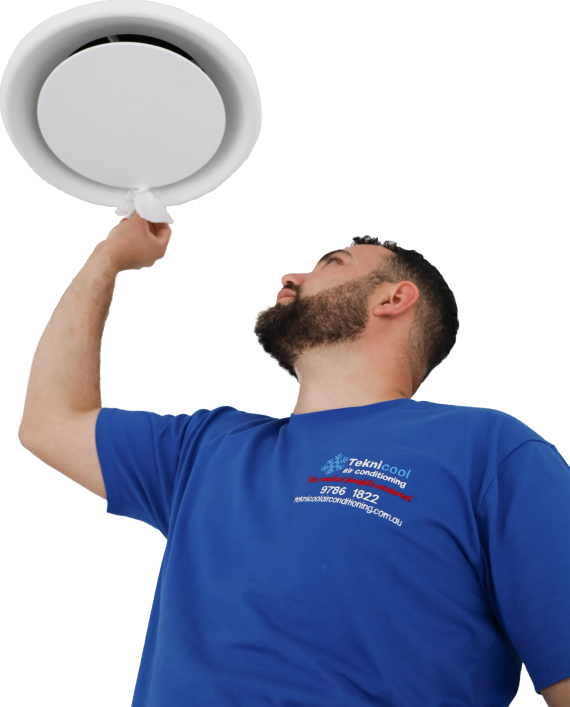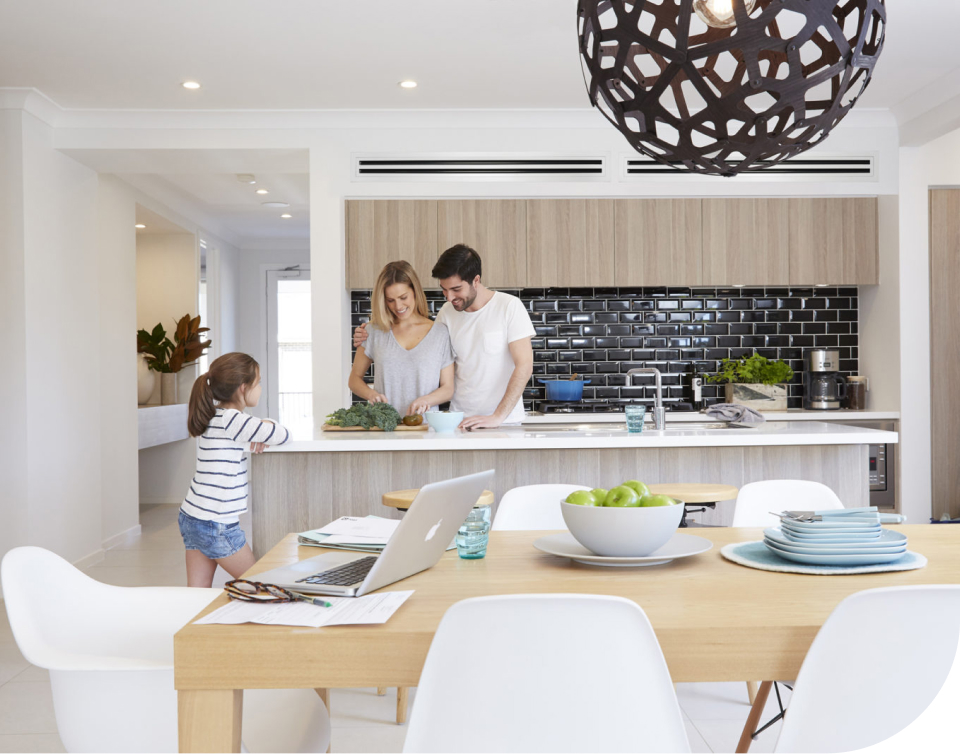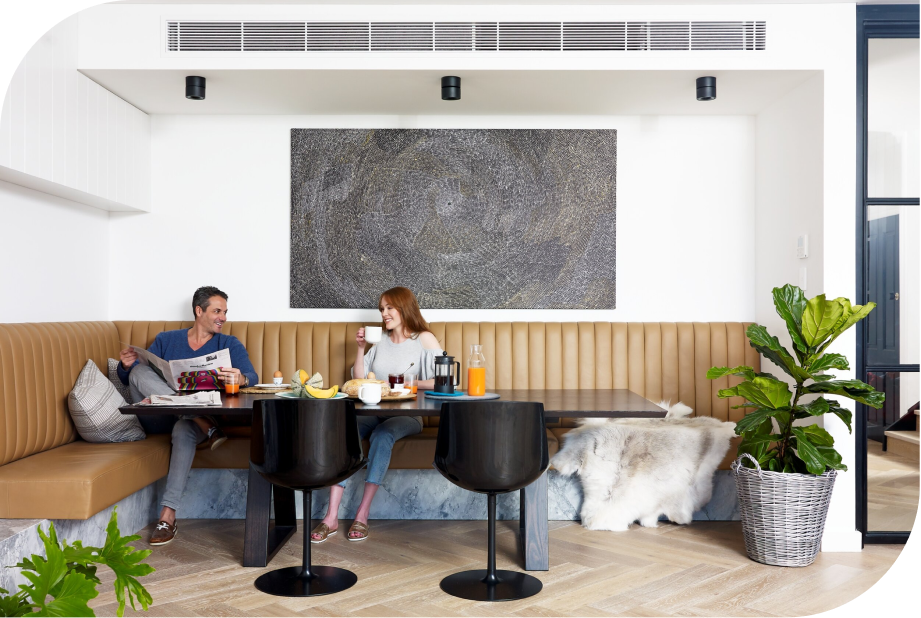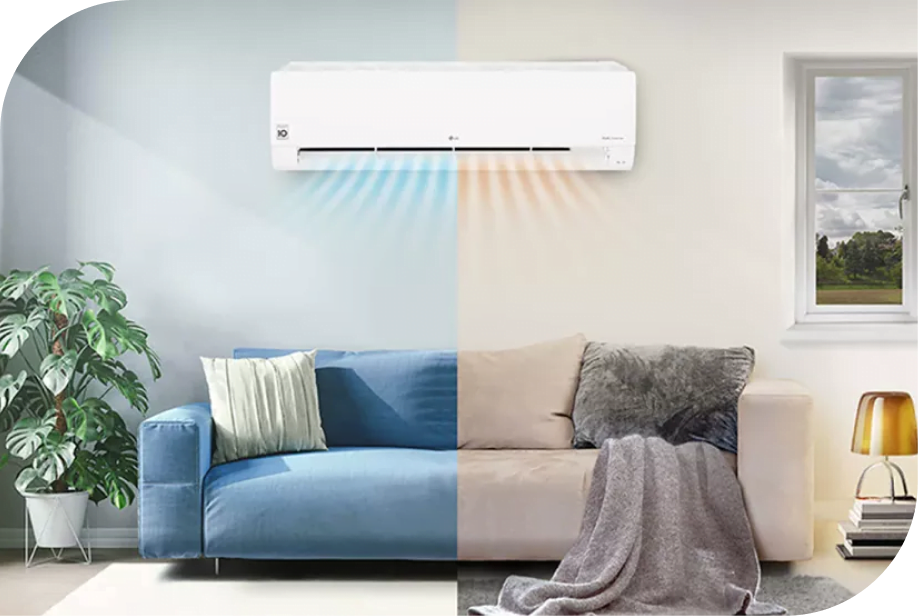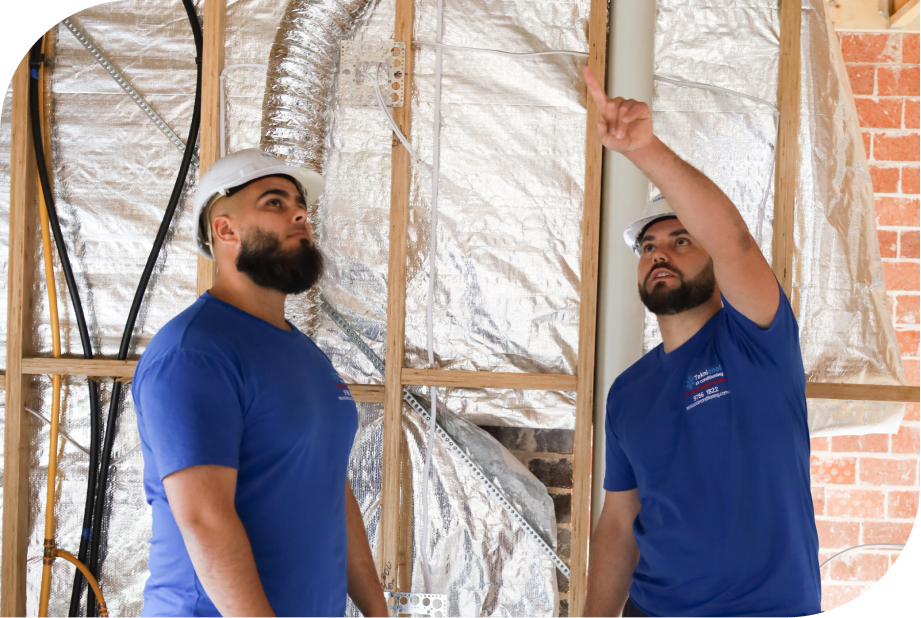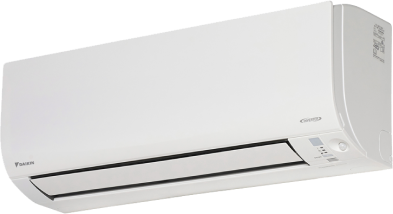Simple Central Air Conditioning System Advice For 2015
Irrespective of the fact whether you are building your new home or you are purchasing an office, you need to opt for a central air conditioning system that is not only best in business, but is eco-friendly to make sure that it does not in any way contribute to ‘global warming’, that has become a global nemesis these days. The modern centralized Air Conditioning Sydney & Ducted Air Conditioning Sydney systems come up with a lot of value added features that make them not only indispensable, but eco-friendly as well. However, in order to make sure that the system you opt for is truly ‘green’ and eco-friendly, you need to keep in mind the following points.
- While choosing your centralized Air Conditioning Sydney & Ducted Air Conditioning Sydney system, you need to opt for the ones with a good SEER (Seasonal Energy Efficiency Ratio) rating. This rating is fixed the Govt. and hence, units with good SEER ratings are always more eco-friendly that the ones with lower ratings.
- You need to keep in mind that systems that come up with ‘green’ technology are extremely eco-friendly and hence are absolutely energy efficient. Therefore, these equipments are expected to reduce energy bills by over 30 percent, helping you with a substantial cost saving each month.
- Opt for a central air conditioning Sydney Company that is reputed enough and have the system installed by a technician who is competent and experienced enough to install the system in a perfect way. It is imperative to keep in mind that improper installation will not only increase the power bills, but will lead to unnecessary wastage of energy.
- The insulation needs to be properly done for imperfect insulation will render the ‘green technology’ virtually useless, leading to excessive energy consumption.
- Another way of making the most of this ‘green energy’ is setting the thermostat two to three degrees higher. This will help the unit to consume lesser energy and thus, saving power. Also, by doing this you can ensure that once you re-set the thermostat, it does not take too long for the unit to cool down the temperature.
- Filters of the central air conditioning system should be cleaned regularly. This is to ensure dust and dirt particles do not accumulate in the filters. They should be cleansed at least once in a month, if not more.
The modern central Air Conditioning systems come with state of the art technology to ensure that they are absolutely eco-friendly. However, installing them is not enough. It is for you to take care of your AC unit to ensure that you are able to make the most of the system, and thereby make the most of your investment.
There are a number of these units available in the market at various prices. However, you need to opt for the one that is cost effective and at the same time, comes up with the very latest technology that makes the system ‘green’ and ‘eco-friendly’.
One very effective way to ascertain the ‘greenness’ of the technology is taking into account the testimonials left by the existing customers and their experience with the units. This will help you have a clear idea about the performance that you expect from the unit.

